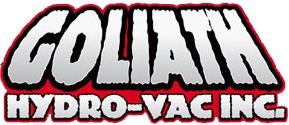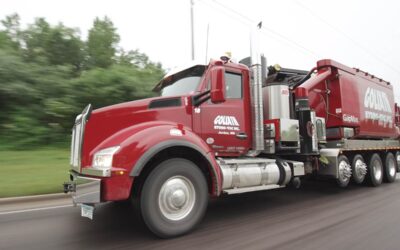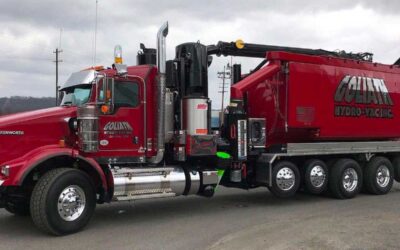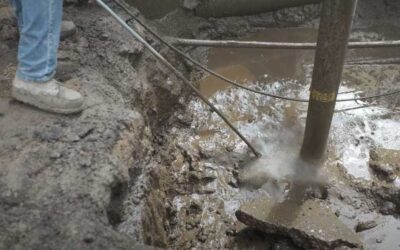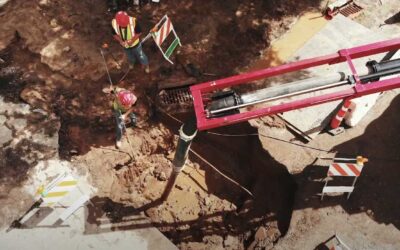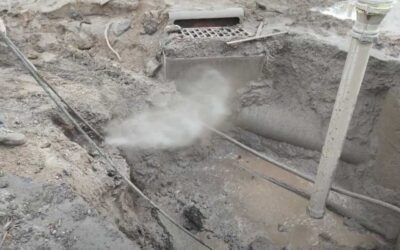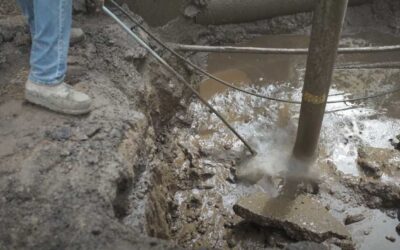What are the Key Components of Industrial Cleaning
Key Components of Industrial Cleaning
Industrial cleaning refers to the specialized process of cleaning hazardous areas in industrial facilities such as factories, warehouses, power plants, and other types of industrial settings. It involves various methods, tools, and chemicals to tackle the unique challenges posed by industrial environments.
This practice is not just about keeping a workplace tidy; it’s about ensuring the health and safety of employees, prolonging the life of industrial equipment, and complying with health and safety regulations. Effective industrial cleaning prevents work accidents, reduces downtime, and plays a vital role in maintaining the overall productivity of an operation.
In this article, we will explore the key components of industrial cleaning, providing insights you need to know to implement efficient industrial cleaning practices.
Industrial Cleaning Agents and Chemicals
Industrial cleaning agents are vital in maintaining cleanliness and safety in industrial environments. These specialized chemicals are designed to tackle the unique challenges posed by heavy machinery, hazardous materials, and tough grime typical in such settings. There are four primary types of industrial cleaning agents:
1 – Detergents
Detergents are an effective solution capable of breaking down and removing dirt, oil, and grease from various surfaces. Industrial detergents are typically stronger than household varieties and are formulated to tackle the heavy-duty cleaning required in industrial settings.
2 – Degreasers
Degreasers are specifically formulated to cut through thick layers of grease and oil, which are common in automotive, mechanical, and manufacturing industries. The effectiveness of degreasers is crucial for preventing machinery malfunction and prolonging the life of industrial equipment.
3 – Descalers
Descalers are used to remove mineral deposits (such as lime scale, rust, and other buildup) that are commonly found in boilers, cooling towers, and plumbing systems within industrial facilities. Descalers work by breaking down these mineral deposits, ensuring that machinery operates efficiently and reducing the risk of damage caused by buildup.
4 – Disinfectants
Disinfectants are designed to kill bacteria, viruses, and other microorganisms to prevent contamination and maintain a sterile environment. The use of disinfectants is essential for complying with health and safety regulations and for ensuring the quality and safety of products.
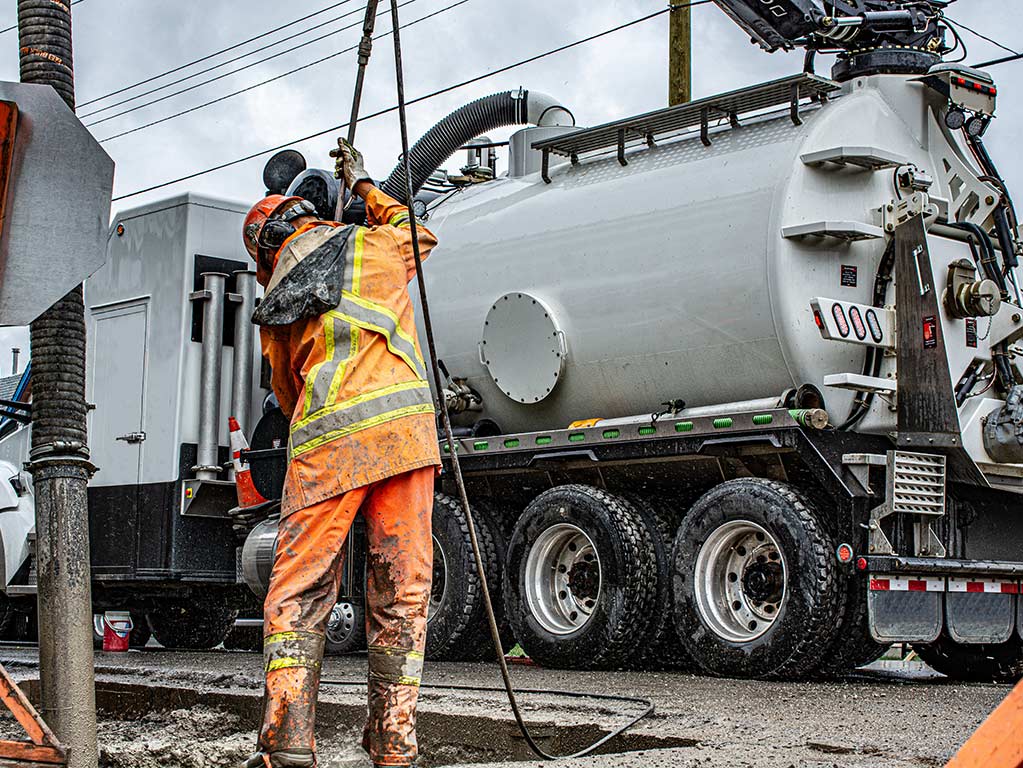
Industrial Cleaning Equipment and Tools
The effectiveness and efficiency of industrial cleaning heavily depend on the equipment and tools utilized. These tools are not just about aiding in cleaning; they are about ensuring that the task is completed in a safe, thorough, and time-efficient manner. Here are some essential equipment used in industrial cleaning:
Pressure Washers: Pressure washers are a staple in industrial cleaning, prized for their ability to remove stubborn dirt, grime, and debris from a variety of surfaces. They work by ejecting water at high pressures, which effectively blasts away tough substances that regular cleaning methods cannot handle. Ideal for cleaning large surface areas like factory floors, exterior walls, and heavy machinery.
Steam Cleaners: Steam cleaners use high-temperature steam to sanitize and clean surfaces. This method is particularly effective in environments where hygiene is paramount, such as in the food processing or pharmaceutical industries. Steam cleaners not only remove dirt and stains but also kill bacteria and other pathogens, ensuring a high level of cleanliness and sanitation.
Industrial Vacuums: For dealing with dry waste and particulate matter, industrial vacuums are essential. More robust and powerful than their domestic counterparts, these vacuums can handle large volumes of dust, debris, and even hazardous materials. They are crucial in maintaining air quality and cleanliness in environments where dust accumulation is a concern.
Specialized Tools for Specific Industries: Different industries have unique cleaning challenges, necessitating specialized tools. For example, the food industry often requires non-corrosive cleaning tools that won’t contaminate the food products. Identifying and utilizing these specialized tools is crucial for meeting the specific cleaning requirements of each industry.
Conclusion – What are the Key Components of Industrial Cleaning
Industrial cleaning is a multifaceted and essential aspect of maintaining a safe, efficient, and compliant industrial environment. From the selection and safe use of various cleaning agents and chemicals to the deployment of specialized equipment and tools, each component plays a pivotal role in achieving cleanliness.
Contact us at 612-727-3444 today to learn more about how Goliath’s industrial cleaning services can benefit your operation.
RELATED POSTS
Daily Checks for Vacuum Truck Maintenance
Daily Checks for Vacuum Truck Maintenance Vacuum trucks are highly specialized vehicles that are an integral...
Maintaining Your Vacuum Truck
Vacuum Truck Maintenance Vacuum trucks are essential for efficiently collecting and disposing of waste...
How is Hydro Jetting Used
Hydro Jetting Uses The broad-ranging applications of hydro jetting are transforming the way we approach...
Benefits of Hydro Jetting
Hydro Jetting Benefits When it comes to ground-breaking developments in excavation, hydro jetting is making...
What is Hydro Jetting?
What is Hydro Jetting? The excavation industry has seen a plethora of changes in the past few decades, with...
Projects Requiring Hydro Excavation
Hydro Excavation Projects From massive construction sites to intricate utility maintenance jobs, various...
Benefits of Hydro Excavation
Hydro Excavation Benefits Traditional digging methods have long been associated with risks, disruptions, and...
What is Hydro Excavation
What is Hydro Excavation? Are you tired of dealing with the risks and inconveniences of traditional excavation...
